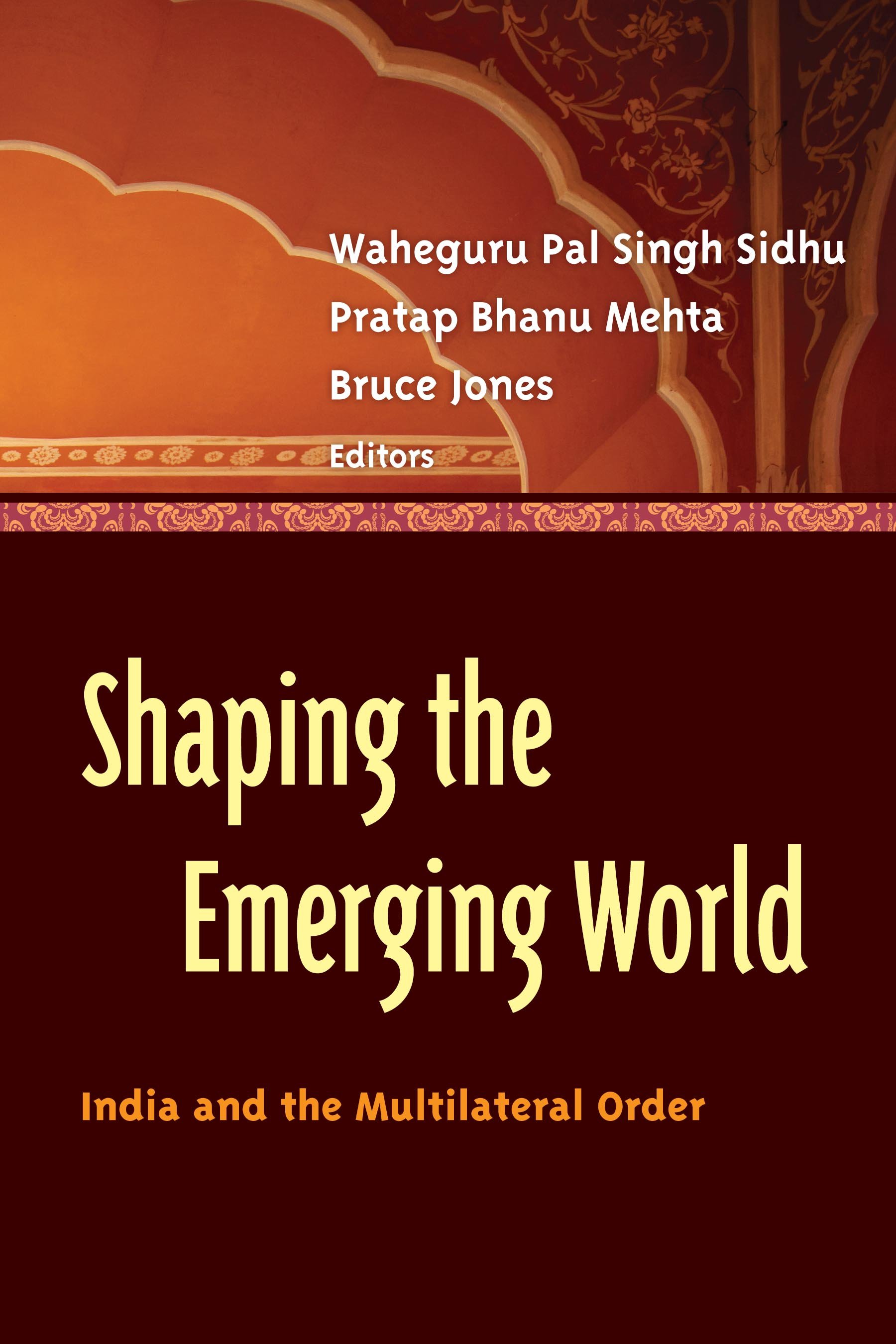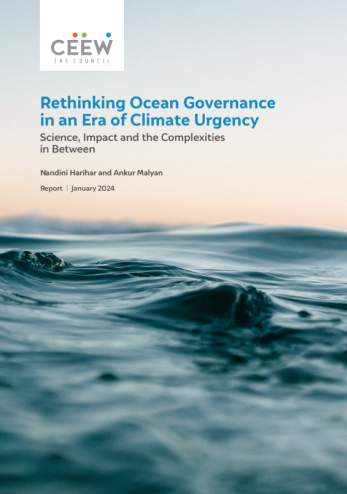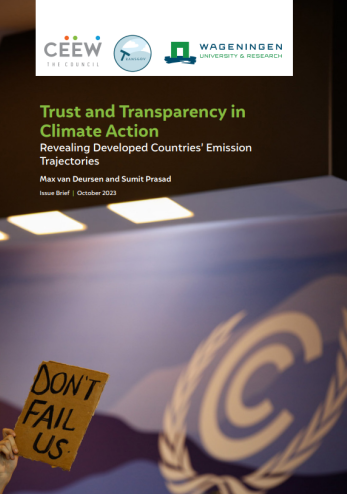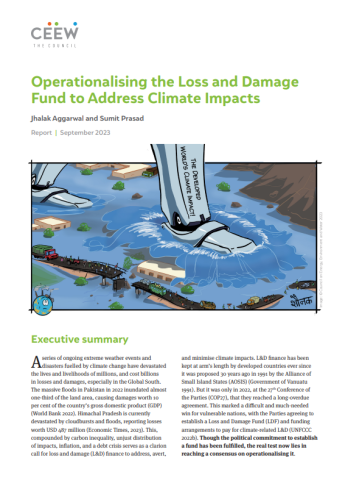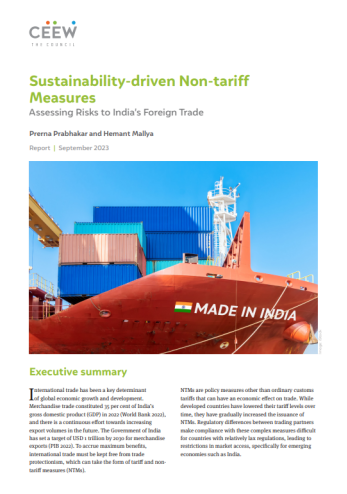Book Chapter
India’s Energy, Food, and Water Security
International Cooperation for Domestic Capacity
Arunabha Ghosh, David Steven
August 2013 | International Cooperation
Suggested citation: Ghosh, Arunabha and David Steven. 2013. “India’s Energy, Food, and Water Security: International Cooperation for Domestic Capacity” in Shaping the Emerging World: India and the Multilateral Order,. edited by Waheguru Pal Singh Sidhu, Pratap Bhanu Mehta, and Bruce Jones. Washington, D.C.: Brookings Press
Overview
This chapter reviews the resources and environmental challenges facing India over the next twenty years, focusing on its political and geopolitical dimensions. It discusses the key drivers of change and possible trajectories for India’s domestic and international policy on these issues. Finally, it discusses the options for future Indian engagement on strategic resources and climate change. It offers suggestions for the Indian government to deepen its engagement and build stronger partnerships and governance arrangements with other countries.
The chapter also evaluates the energy resources that India needs to sustain growth and the economic impact of energy scarcity. It assesses India’s fuel, food, and water requirements to meet its basic needs. Further, it examines the environmental constraints that these resources demand will put on India.
Key Highlights
- As of 2013, biofuels, biomass, and waste constitute a large share of energy i.e. 33 per cent due to the lack of modern cooking fuels for 772 million people or electricity for 293 million people.
- Since 2005, the demand for coal has been increasing by approximately 7 per cent a year, up from 5 per cent between 2000 and 2005, with power generation and manufacturing as the main drivers.
- Energy scarcity is hampering India’s economy, with the government estimating that the country runs a 7.9 per cent energy deficit, which rises to 13.8 per cent at peak times.
- By 2030, Indians are expected to consume only between a third and half of average global per capita energy use (only around 10 per cent of the average American). An estimated 144 million people will be without electricity, almost all of whom will live in rural areas.
- India is expected to be ‘water-stressed’ by 2025 and ‘water-scarce’ by 2050. In 2013, only 31 per cent of municipal wastewater receives treatment and the rest is discharged into rivers, lakes, and groundwater.
- India’s infrastructure, agriculture, biodiversity and public health are all susceptible to the impacts of climate change.
- India’s exposure to the breakdown in global energy markets will continue to increase. Some of the measures it has taken to reduce its exposure to international markets, such as investment in equity oil, have had limited impact, while its dependence on Iranian oil has already proven problematic.
- It is important for India to build a shared analysis of stress, risks and opportunities related to food, land, water, climate and strategic commodities across countries in the region and internationally.
Key Recommendations
- India should navigate four transitions in global governance: from taking rules to shaping them; from framing rules to designing regimes; from addressing issues in a single issue-specific institution to addressing them in complex regimes; and from undertaking diplomacy through formal forums to understanding the role of informal networks and group countries.
- India should invest in resources and environmental diplomacy, and in data and evidence needed to underpin this diplomacy.
- India’s diplomats need to survey the full range of multilateral, plurilateral, and bilateral options while assessing what markets can be expected to deliver without any government interventions.
By 2030, Indians are expected to consume only between a third and half of average global per capita energy use, which is only around 10 per cent of the average American.




